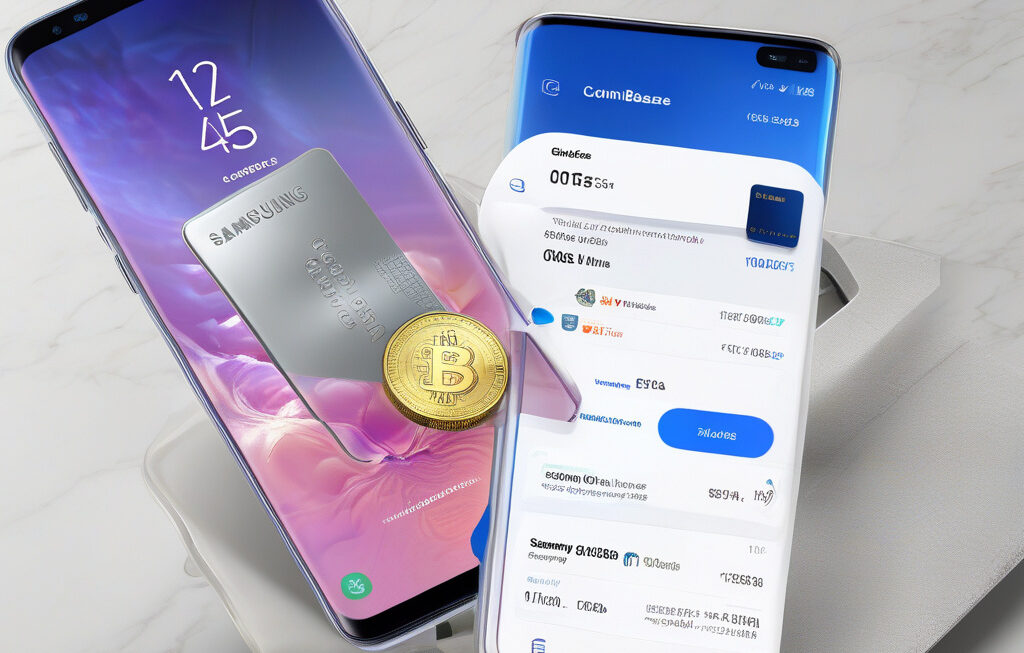Apple Opens NFC Chip, PayPal Taps into It
In a groundbreaking move, Apple has recently opened its NFC chip to third-party access due to EU regulations. This decision has paved the way for innovative collaborations, with PayPal being one of the first companies to tap into this technology. The implications of this partnership are significant, not just for the companies involved but also for the broader landscape of digital payments and technology integration.
NFC, or Near Field Communication, is a technology that enables devices to communicate by bringing them into close proximity. In the realm of mobile payments, NFC allows for contactless transactions, making the process seamless and convenient for users. Apple’s decision to open up its NFC chip to third-party developers marks a shift in the company’s approach, which has traditionally been known for its closed ecosystem.
The EU regulations that have forced Apple to allow third-party NFC access are aimed at promoting competition and innovation in the digital payments space. By opening up its NFC chip, Apple is not only complying with these regulations but also signaling a willingness to collaborate with other industry players for the greater good of the consumers.
PayPal, a leading digital payment platform, wasted no time in leveraging this new opportunity. By integrating with Apple’s NFC chip, PayPal users can now make contactless payments using their iPhones, providing them with added convenience and flexibility. This move is in line with PayPal’s commitment to staying at the forefront of digital payment trends and offering its users the latest technologies.
The collaboration between Apple and PayPal highlights the power of partnerships in driving innovation and enhancing the user experience. By combining Apple’s hardware expertise with PayPal’s payment solutions, both companies stand to benefit from the synergies created. This partnership also sets a precedent for future collaborations in the industry, where companies with complementary strengths can come together to offer more value to their customers.
From a consumer perspective, the opening of Apple’s NFC chip means greater choice and convenience when it comes to making payments. With PayPal now integrated into the NFC ecosystem, users have more options for conducting transactions securely and efficiently. Whether it’s making a purchase in-store or paying for services online, the seamless integration of NFC technology enhances the overall payment experience for consumers.
Looking ahead, the implications of Apple’s decision to open its NFC chip are far-reaching. As more third-party developers and companies tap into this technology, we can expect to see further innovations in the digital payments space. The competition is likely to intensify, leading to more choices and better services for consumers. Ultimately, it is the end-users who will benefit from these advancements in technology and collaboration.
In conclusion, Apple’s move to open its NFC chip to third-party access, driven by EU regulations, has set the stage for exciting partnerships and innovations in the digital payments industry. The collaboration between Apple and PayPal is just the beginning of what promises to be a dynamic and transformative period in the world of mobile payments. As technology continues to evolve, we can expect to see more companies embracing NFC technology to offer enhanced payment solutions to consumers.
innovation, digitalpayments, NFCtechnology, collaboration, userexperience












